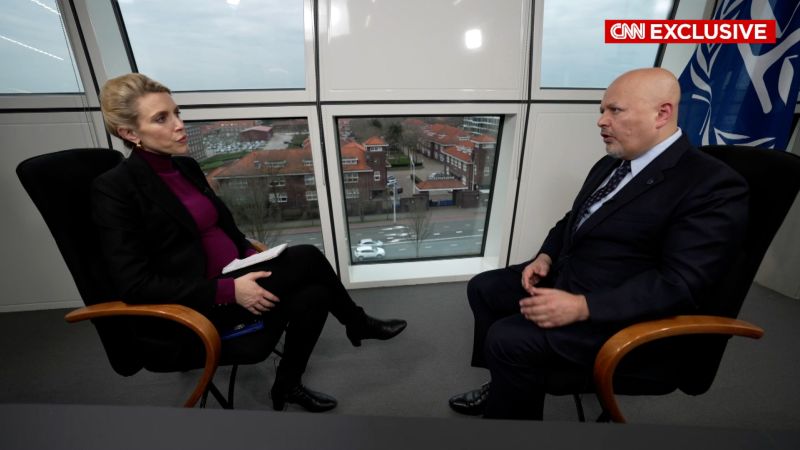Long hours of chaotic voting that characterised MPs’ consideration of the controversial Finance Bill, 2023 has once again exposed the multimillion-shilling digital system that was meant to make voting in Parliament fast and efficient.
On Tuesday and Wednesday, lawmakers found themselves sitting for long hours, way past midnight, after the digital system failed on several occasions, forcing the House to revert to manual voting where each of the 349 MPs was called one after the other to take a vote.
The lawmakers were voting on several clauses of the Bill and proposed amendments that made the exercise one of the most tedious.
It was not the first time the House was resorting to manual voting that in most cases end up being disrupted by chaos, especially when MPs are considering controversial Bills pitting the majority against the minority sides.
The failure of the electronic system has been more pronounced during the Committee of the Whole House where divisions are called for members to vote in support or against a specific clause of a Bill.
This latest incident has angered MPs, from both the ruling Kenya Kwanza and the opposition Azimio La Umoja One Kenya Coalition Party, who are now demanding an audit of the system.
Others have also questioned how the electronic system was procured, alleging that taxpayers could have lost millions of shillings in buying substandard gadgets.
But sources in the secretariat said it is the members who do not want to use the system, especially when considering politically-charged Bills where they have to prove to their masters how they cast their votes.
On Tuesday, session chair and Deputy Speaker Gladys Boss Shollei alerted the House that the system had malfunctioned when the first division was called.
“It seems apparent that the voting system is not working. The electronic voting is proving to be a challenge,” she informed the MPs.
Triggered protests
This disclosure triggered protests by the chair of the Budget committee Ndindi Nyoro (Kiharu), who said it was frustrating that the system was always collapsing even after Parliament invested “colossal amounts of money.”
“I have been to this House on many occasions and most of the times that we actually try to vote digitally, it has not been successful. I am wondering whether it is a coincidence because this House has invested a colossal amount of money in making sure that we are able to vote efficiently, and especially digitally,” protested Mr Nyoro.
He added, “We must relook at the entire IT team of this Parliament so that if there is the capacity they need, we capacitate, but we need to be efficient in terms of voting because I don’t think this is normal.”
Nominated MP John Mbadi told Saturday Nation that the procurement process of the system should be investigated. He claimed, without providing evidence, that there could have been fraud in purchasing the gadgets.
“I think we were conned as a House. It is a big disappointment to invest millions of shillings in this kind of system but still has to call by name the 349 MPs to vote manually,” said Mr Mbadi.
“It has become tedious to vote in this House even after spending taxpayers’ money. Former Parliamentary Service Commission (PSC) commissioners could have failed to carry out due diligence. They should tell us what happened at the procurement stage,” he added.
Another MP in the House leadership, who spoke off record, said it is either the system installed was faulty or the Information Technology (IT) team in Parliament has not been properly trained on how to run it.
He disclosed that the system that was installed in 2013 has gobbled up a lot of money due to several upgrades over the last couple of years.
“It is difficult to tell what could be the problem. It appears to me that the problem could be the system itself or our IT team did not get the right training on its use,” said the member.
Clerk of the National Assembly Samuel Njoroge said the shortcoming could be inadequate induction of members on how to use the gadgets.
He said at times, some of the members do not follow instructions from the Speaker when taking a vote leading to the failure of the system.
“The electronic voting system is functional. It works. What we have not done as a House is induction of members on how to use it. It works in stages, but we have had instances where members are told to log in and wait but they end up proceeding with voting,” said Mr Njoroge.
“Our shortcoming is that we have not had time to induct members on how to use it. Remember we used to vote manually since independence. The electronic system is fast but the only one which is foolproof is manual voting, which is still being used even in developed countries like USA and France,” he added.
The system was installed during the 11th Parliament that ran from 2013 to 2017. PSC was chaired by then National Assembly Speaker Justin Muturi.
PSC Secretary and Senate Clerk Jeremiah Nyegenye declined to comment on the matter. He referred us to Speaker Moses Wetang’ula, who did not pick up our calls.
Former Borabu MP Ben Momanyi, who served as a PSC commissioner in the 12th Parliament, admitted that the gadgets used to have problems but had since been fixed.
“The initial challenges were all fixed. Right now it is the MPs who force manual voting for political reasons,” he said.










 English (US)
English (US)